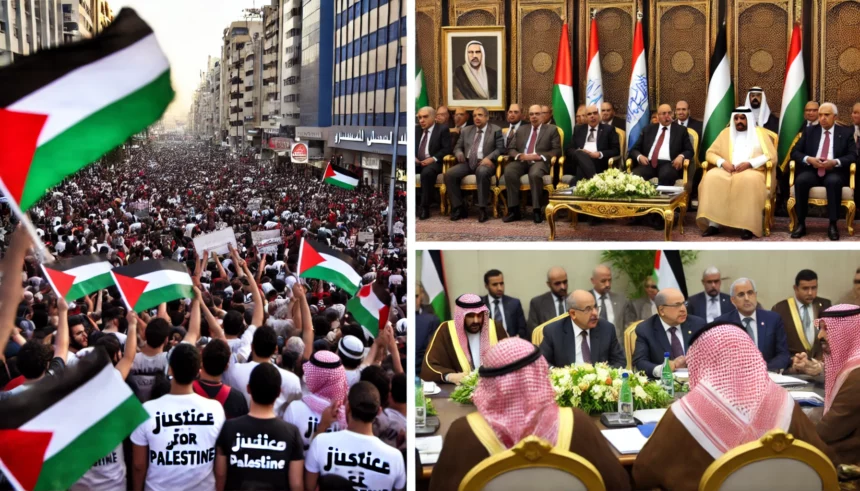Summary by Geopolist | Istanbul Center for Geopolitics
The article examines the response of the Arab world in the aftermath of a pivotal event that occurred on October 7. In contrast to the elevated anticipations of extensive public mobilization akin to the Arab Spring, the region experienced a notable scarcity of protests. This phenomenon can be attributed to the tendency of authoritarian regimes in the Middle East to prioritize stability at the expense of solidarity with Palestine. The authorities implemented strategies to stifle or regulate protests, highlighting a dissonance between societal feelings and governmental directives.
Historically, the Palestinian struggle was essential to pan-Arabism; but, in recent decades, national concerns have persistently eclipsed it. The four principal Arab-Israeli wars, while ostensibly framed as a defense of Palestine, were predominantly waged for the distinct objectives of separate states. The 1979 peace accord between Egypt and Israel clearly demonstrated the conclusion of the pan-Arab ideal and initiated an emphasis on nation-specific solutions.
Currently, popular support for Palestine persists robustly, evidenced by demonstrations in nations such as Morocco, Jordan, and Yemen, whilst countries like Algeria and Egypt have suppressed protests to avert their transformation into venues for anti-regime sentiments. Countries that have normalized relations with Israel, including Bahrain and the UAE, exercise heightened caution, suppressing opposition to preserve these affiliations.
The Arab regimes have inadequately transformed public support into political leverage, relegating the Palestinian cause to mere symbolic language instead of implementable policy. Their position has diminished their potential contribution to a comprehensive regional resolution of the Israeli-Palestinian problem.
Read the full article here.







